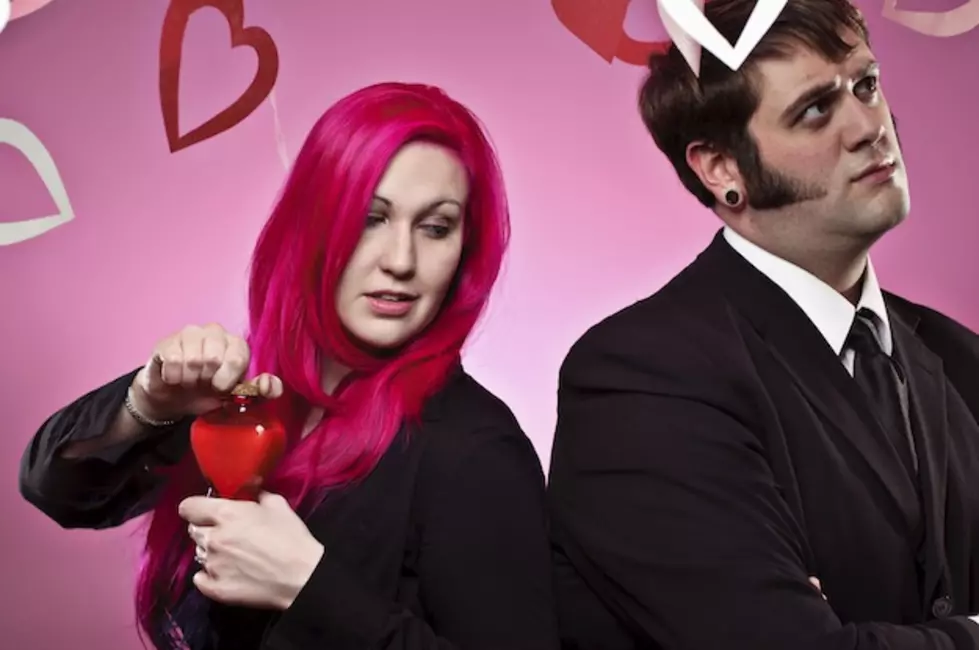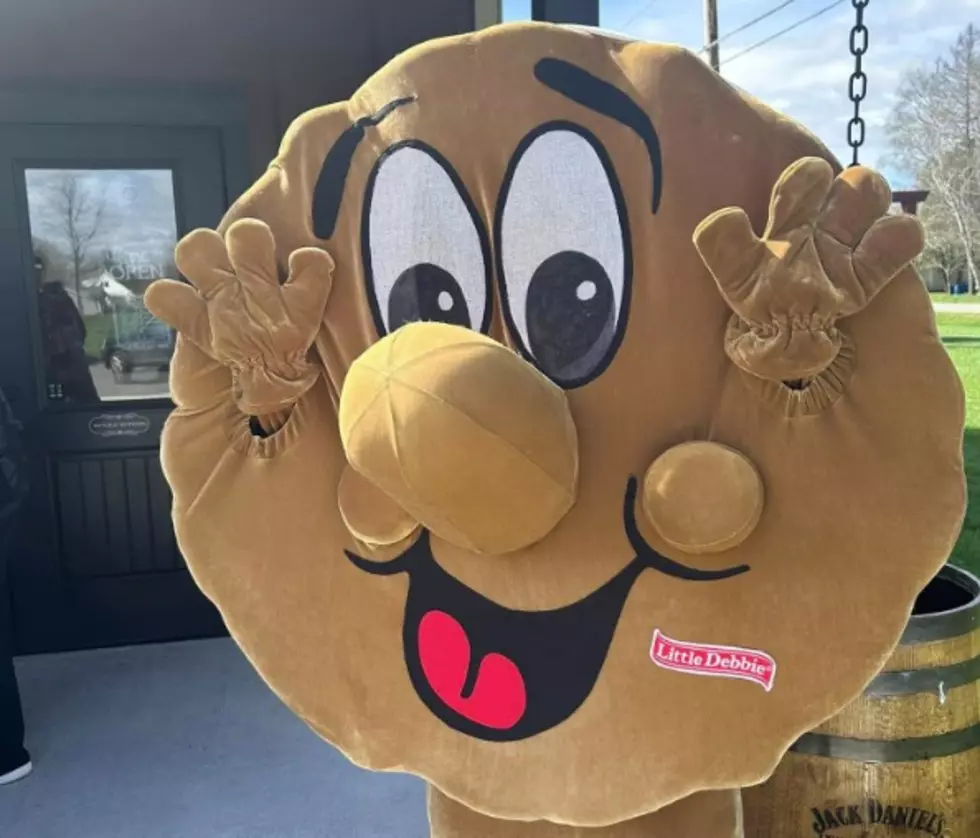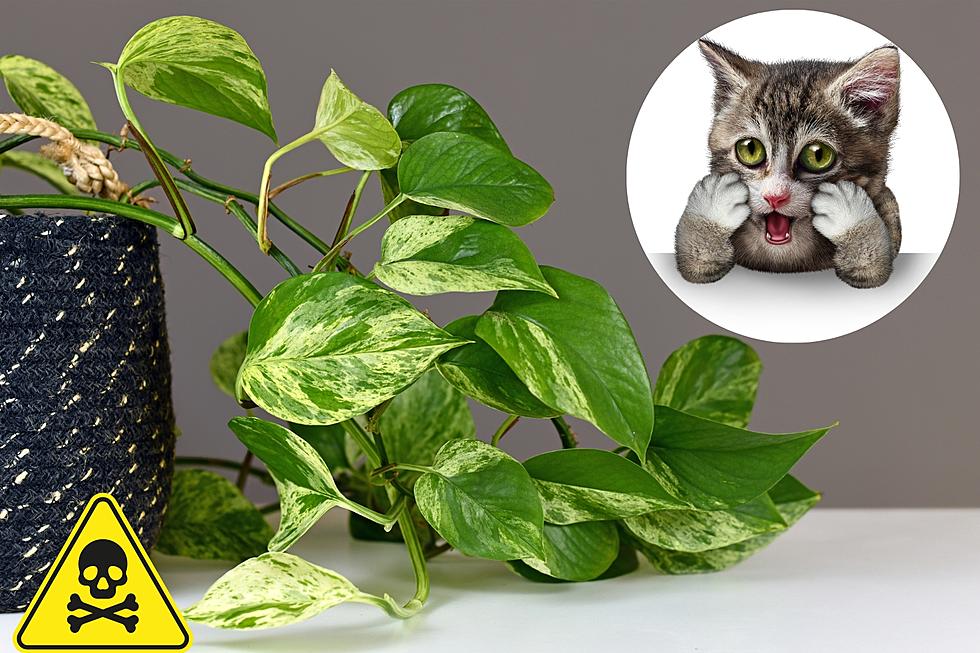
‘Do Aphrodisiacs Really Work?’ — Ask Dr. Harry Fisch
Do aphrodisiacs really work? -- Lyle, 29, Denver, Colorado
The list of alleged aphrodisiacs is very long and includes things such as powdered rhinoceros horn, dried tiger penis, oysters, ginseng, and the crushed shells of certain beetles (aka “Spanish Fly”).
None of these has been proven to have any independent effect on sexual desire or ability—although if you believe these things will work, there’s a good chance they will. That’s the placebo effect: when an inert substance produces real results because of the strong belief of the person taking the substance. The placebo effect works—you can read about it almost daily in scientific papers comparing the effects of drugs to placebos. But that’s the only way herbal or traditional aphrodisiacs work.
The story is different for certain modern compounds. Alkyl nitrites, known as “poppers” have been used recreationally for about 50 years and appear to promote and enhance sexual response. Stimulants such as cocaine and methamphetamine may produce heightened sexual desire but, ironically, they may also impair erectile functioning. And testosterone products are likely to increase sexual desire—though they may also cause infertility and a host of other ill effects, especially if used at high doses.
My suggestion: if you feel like you need some pill or potion to prop up your sex life, you’re probably doing something wrong. Get back to basics: eat right, exercise, and get enough sleep. If you’re still having a problem, see a doctor, not an herbalist.
Dr. Harry Fisch is a board certified urologist at New York Presbyterian Hospital/Weill Medical College of Cornell University. He’s here to answer reader questions in an effort to get guys to “man up about health.”
More From Banana 101.5










